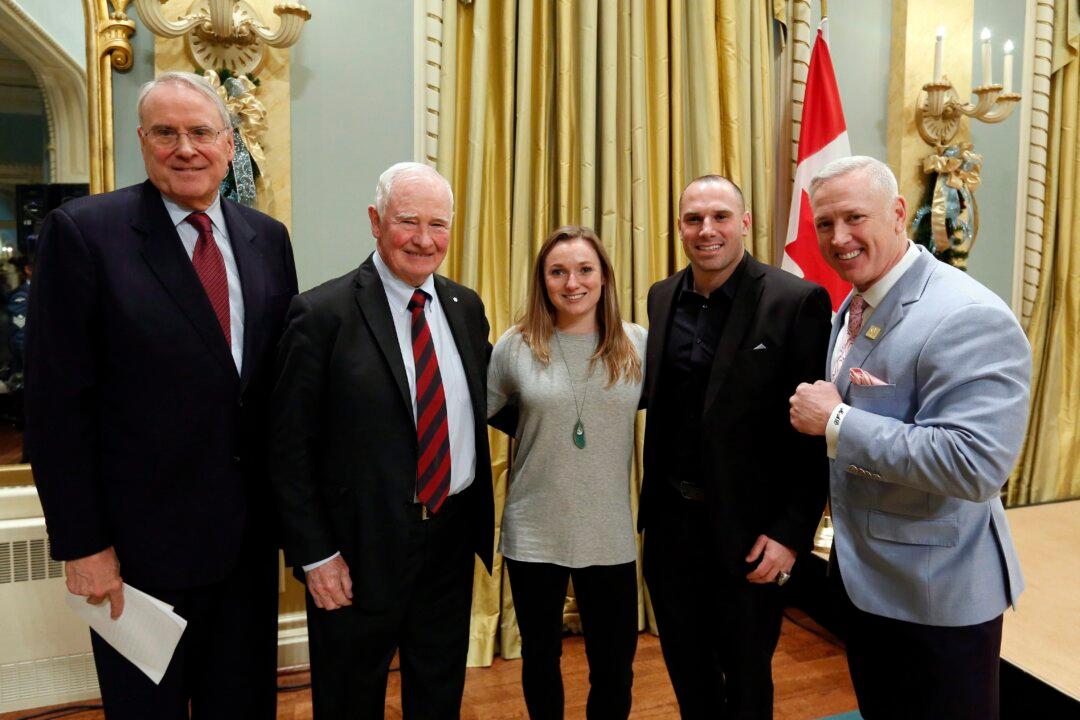OTTAWA—Hockey legend Ken Dryden laid down a challenge on Dec. 6 to sports executives in charge of leagues and federations to do more to protect athletes from the debilitating effects of head injuries.
In a blunt speech, Dryden took aim at the culture around concussions and drew a connecting line between head injuries and brain disease.
His keynote address at a one-day conference organized by Governor General David Johnston came two weeks after CFL commissioner Jeffrey Orridge said the science about football-related head trauma and brain disease is inconclusive.
The statement was a departure from the conclusion of the NFL’s top health and safety officer, Jeff Miller, who told a U.S. congressional committee in March that there is a link between football and chronic traumatic encephalopathy, or CTE.





